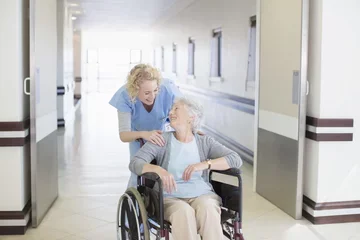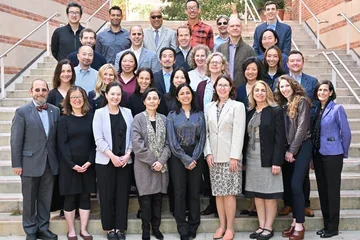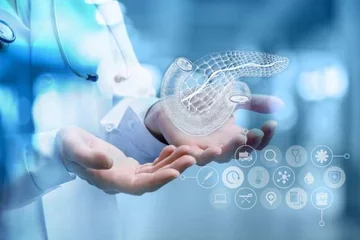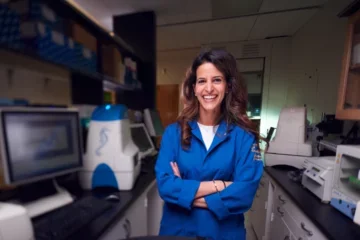Myths About ER Doctors
True or False? A UCLA Doctor Explains
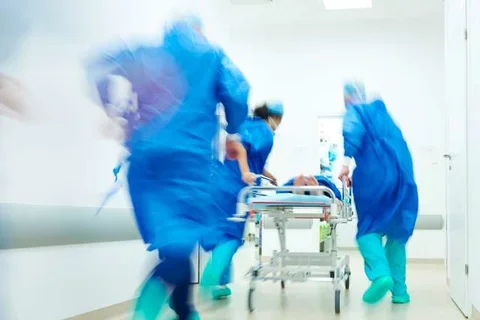
A Day in the Life of Dr. Tomer Begaz, Associate Professor of Emergency Medicine
Emergency rooms make for great TV. Many popular shows over the years have used the backdrop of a hospital emergency department (ED) to draw viewers in with dramatic tension and intensity. But these shows have added to the long list of preconceived notions about what happens in emergency rooms and what it's like to practice medicine in one.
(Related Article: How Medical TV Shows Get Their Facts Straight)
How accurate are these myths about ER doctors and emergency rooms? We asked Tomer Begaz, MD, FACEP, Associate Professor of Emergency Medicine at the David Geffen School of Medicine at UCLA and Director of Undergraduate Medical Education at Olive View UCLA Emergency Medicine.
Dr. Tomer Begaz pursued emergency medicine because he "fell in love with the beauty and elegance and complexity of human physiology" and didn't want to limit himself to one organ system. He also found he loved the practical nature of the specialty and the opportunity to focus on diagnosis.
"Increasingly, the ED is the diagnostic hub of the hospital," Dr. Begaz explains. Most patients enter the ED with a set of symptoms and signs, he says. But by the time they leave—or by the time they're admitted to the hospital—they have a diagnosis. "It's the puzzle of medicine that most of us love so much—elegantly and efficiently solving the puzzle."
We asked Dr. Begaz to weigh in on myths about ER doctors:
1. There's never any down time during a shift. MOSTLY TRUE
Dr. Begaz: "In urban EDs, when you are on, you are ON. Even on overnights, the flow of patients can be steady, and there really is no down time. It's different in more remote/rural settings where physicians often take 24- or 48-hour emergency shifts and are essentially "on call" if something happens."
2. ER doctors see a lot of unusual conditions. TRUE
Dr. Begaz: "There really is only one place to go when strange things happen: the ER. If you have heard about it, I bet I have seen it. At the same time, the majority of what we manage every day is chest pain, abdominal pain, orthopedic injuries, kids with fever, as well as cardiac arrest, trauma, etc."
3. It takes a certain personality type to become an ER doctor. FALSE
Dr. Begaz: "I think that emergency medicine allows for a variety of different personality styles. It is important to be comfortable with acting in the face of uncertainty, with multitasking, with thinking clearly in the face of sensory overload and having good communication skills. These are not things you need to be born with—that is why there is an intensive residency training process—but you have to be interested in training these skills. Many of my colleagues and trainees are the 'work hard/play hard' personality type, but I have always thought of myself as a careful, thoughtful, somewhat risk-averse morning person."
4. Emergency medicine's flexible schedule allows time for other pursuits, such as sports, hobbies, travel, other jobs in medicine. ABSOLUTELY TRUE
Dr. Begaz: "One can work as little or as much as possible. Many ER doctors also pursue international medical work. Education, and specifically medical student education, is my passion. And when I am not working clinically, I am in my office working on curricula and evaluations."
5. ER doctors don't get a chance to forge meaningful relationships with patients. FALSE
Dr. Begaz: "I absolutely disagree. I can and do have very intense meaningful interactions with patients and families—often on the worst day of their life—in the ED. There still is an art to this practice of medicine and it is immensely satisfying to do it well. It also is incredibly humbling and makes you want to be better."
(Related Article: Trauma Surgeons vs ER Doctors - What Is the Difference?)
